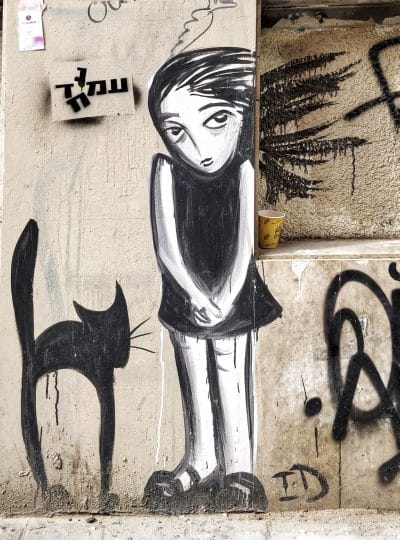 As I was in the delivery room, waiting for my stillbirth to begin, the medical team talked with us about burial.
As I was in the delivery room, waiting for my stillbirth to begin, the medical team talked with us about burial.
There were two options: a private burial or a mass grave.
Ayelet was still inside me, two hours were between me and the horrible announcement that I lost my baby, and already a To-Do list was forming.
It’s a difficult thing to do. I am sure that anyone who went through loss knows what I’m talking about, like when my parents passed away, I received endless letters from gravestones companies.
It was as if these companies have a list of families who just lost their loved ones, and they passed it around them to tell us about the high quality of marble they have, and the professional engravement. The various fonts I can choose from. The bank of quotes and illustrations we can select from the gravestone, and so on.
I don’t want to hear about burial, or maternity rights I might or might not have, or the room they’ll put me in after the stillbirth.
All I wanted was to get my baby girl back.
But there was another voice in my head, as I am in the delivery room and forming that To-Do list, an inner voice that understands that I must make these decisions. It is my baby, my husband’s and mine, we are the only ones who should make these decisions, for example, how are we going to burry Ayelet.
Graves For Babies
My immediate answer was, “we will have a private burial.”
The medical team told us we can still discuss burial, so we did, my husband and I. We talked about how we have no idea what to do, and how we want to be after the stillbirth and as far away from it as possible.
So Maybe A Mass Grave?
This was a very upsetting thought for me. My imagination was starting to get the best of me, and I was freaking out: Why should my baby girl be one of many? She deserves a private burial.
We had two days until the labor inducers kicked in, which provided us with time: to cry, mourn, be silent, talk, dose off. And we went through all this together.
My Experience With Graves
As we talked, I remembered about my feelings towards graves:
My mother passed away in October 2001, my father in April 2004.
I loved them deeply, they were everything for me. My parents were buried next to each other.
I don’t visit their graves. I don’t feel connected to their graves. Let me explain a bit more on this:
I remember my parents every day. I talk about them, they are very present in my life, and I share many stories and anecdotes about them with my family.
There are pictures of them at the house, the kids hear about them a lot, and my husband met my father, as I met him three months before my father died.
I don’t believe that the grave is where I can talk to my parents.
Yes, their body as I knew it lies there, or at least it used to. But what about the soul?
I won’t get into various theories here, but I will say that I feel their presence with me many times.
When I wish to re-connect with them, I don’t go to the grave.
The days of their passing are sad, and I feel very uncomfortable in my skin. It seems strange to remember the one miserable day in which a person died and forgetting the great life this person had right up until they died. I celebrate a person’s death rather than mark the day of his death. It feels healthier and a better way to remember a loved one.
The last time I went to their graves was before I got married back in 2005 because I was told: “it’s tradition.” So I thought, “OK, I’ll go.”
We were there, my husband and I, for about 5 minutes and we left.
Fifteen years have passed, and it still seems like the right way to go.
Back to Ayelet
Assuming we will have a private ceremony and burial. Then what?
I won’t visit that grave, neither will my husband.
What does this grave give me? It is not significant for me, and my husband shares that feeling.
Ayelet died at the exact place she was created in my womb. If she left her mark anywhere, it’s between the walls of my uterus, as if she carved on one of my womb walls, “Ayelet was here.”
She’s with me all the time.
And so I looked at my husband as we were waiting for the stillbirth to start and told him, “let’s not to this, I don’t believe in graves.”
Nine and a half years after the stillbirth, and I still feel this way.
I feel it’s better to sanctify the living rather than the dead, celebrate life rather than mark death.
People who die are embedded within us. I feel true to my mother’s spirit when I go to the beach, one of the places she loved most. I feel true to my father’s spirit when I keep telling his jokes, and my kids roar with laughter.
Ayelet & Me
It’s a bit different with Ayelet.
I didn’t have the time to create memories with her our of the womb. And yet, even with her, I felt I had memories to share when I held her after the stillbirth:
During the pregnancy, I used to talk to her, and told her, for example, that I will sing two songs in Hebrew for her when she’ll come out.
As I was holding her after the stillbirth, I sang those two songs for her.
During the pregnancy, Ayelet would move a lot. At some point, I started asking her questions and wait for a reaction: if she’d kick hard, I knew that was a “no.” If she’d hardly kick, I’d take it as a “yes.”
As I was holding Ayelet after the stillbirth, I looked back at those questions and answers. And I talked to Ayelet about the heartburns I had with her, how heavy her pregnancy got at some point.
How much we waited for her.
Mainly, I told her we love her very much.
In the case of stillbirth, choosing life can be a bit more complicated, I think. But I always remember:
My stillbirth with Ayelet was the saddest experience I ever had in my entire life. It taught me a lot about deep sadness.
That’s where my choice of life came from. Choosing life means being in the light, making the most of every opportunity for a celebration. For being happy, and that’s what I’m doing to this day.
For me, the question of burial is personal, and each woman and her spouse make their own private decision.
But I think that the most important thing, in the end, is how we remember our loved one.
The memory we have inside counts more than anything else, even a grave.
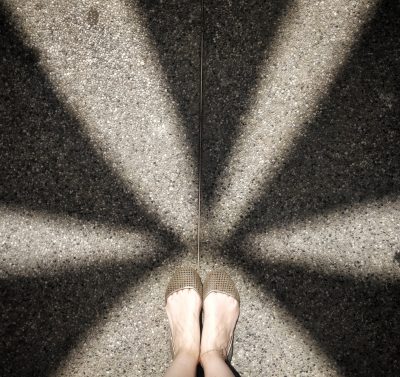 I took on new roles in my new path; all are very important.
I took on new roles in my new path; all are very important.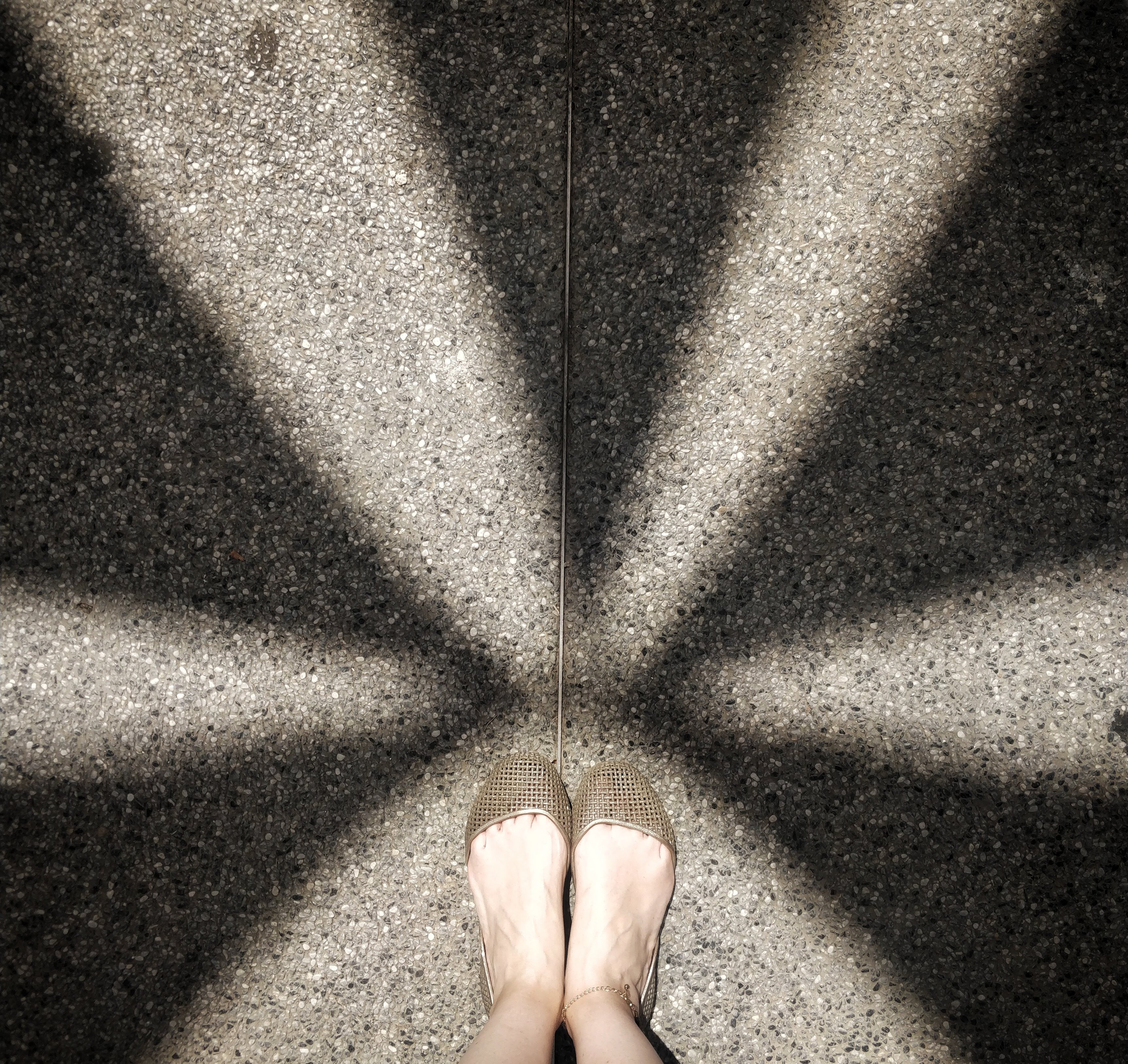
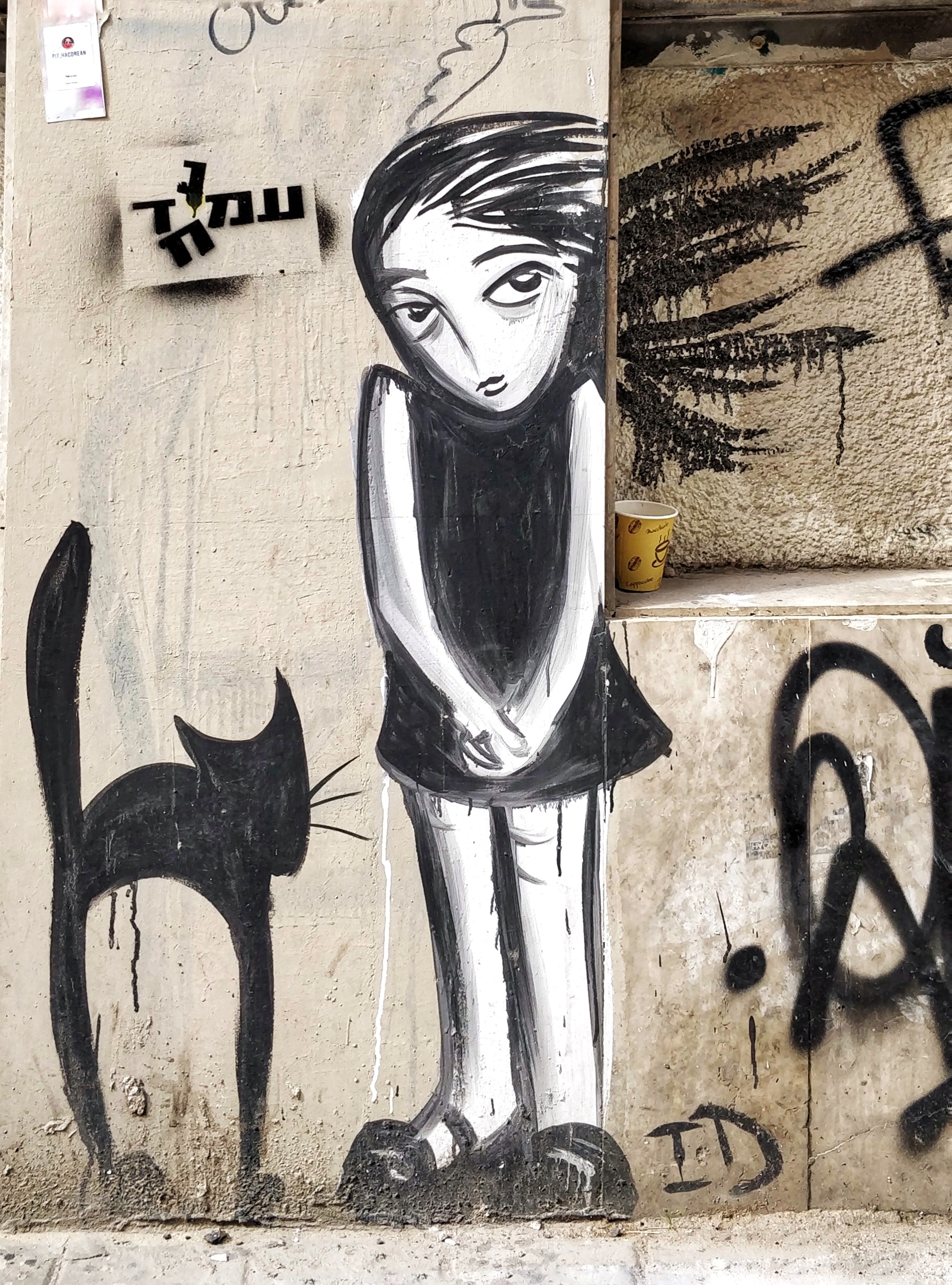
 As I was in the delivery room, waiting for my stillbirth to begin, the medical team talked with us about burial.
As I was in the delivery room, waiting for my stillbirth to begin, the medical team talked with us about burial.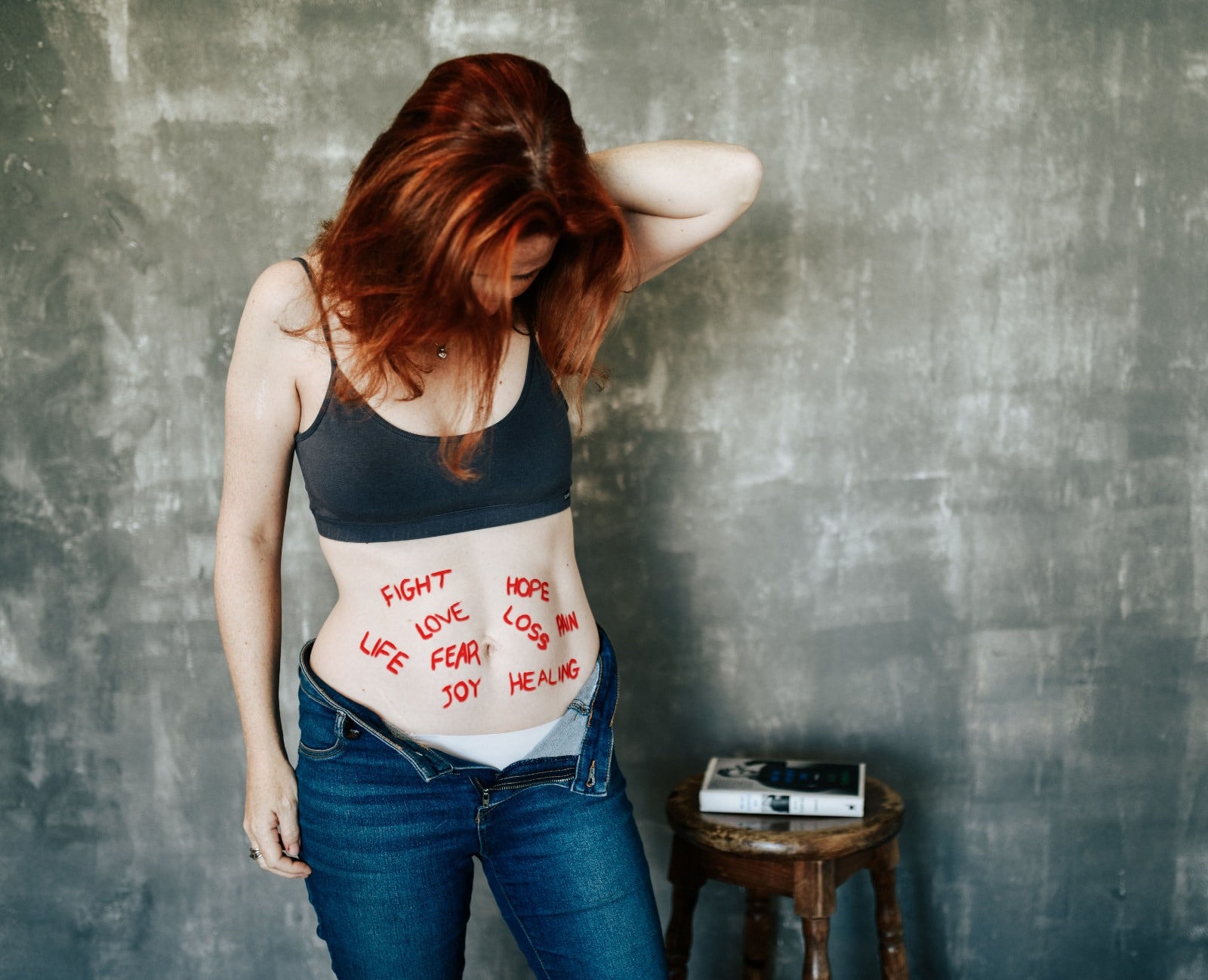
 On September 6th, 2010, I was on the 37th week and three days of my second pregnancy. I was feeling under the weather, so I spent most of the day in bed. That afternoon I wasn’t sure I felt my baby move, so I went to the ER.
On September 6th, 2010, I was on the 37th week and three days of my second pregnancy. I was feeling under the weather, so I spent most of the day in bed. That afternoon I wasn’t sure I felt my baby move, so I went to the ER.